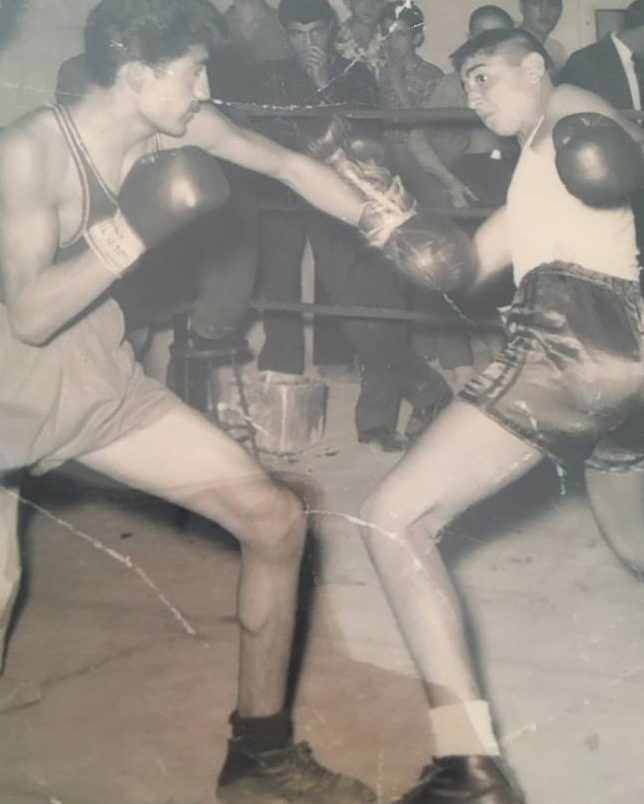To Jurgis the packers had been equivalent to fate; Ostrinski showed him that they were the Beef Trust. They were a gigantic combination of capital, which had crushed all opposition, and overthrown the laws of the land, and was preying upon the people.
– From Upton Sinclair’s The Jungle
A few years ago, the most brilliant and influential person I have ever met was diagnosed with dementia. He was a civil-structural engineer, a harmonica player, a boxer, a dedicated Dashnaktsakan (ARF member) then hamagir (supporter), who loved to read, made the best loligov havgit (fried eggs and tomatoes), and tallied his granddaughter’s swim laps. He was also a muckraker of sorts—our dinner conversations would often be his “investigative journalism” on the Armenian political and social climate of the 1980s through the early 1990s, a tumultuous time which lead to the creation of the current Republic of Armenia. These dinners would finally end with him getting ready for community meetings as he dedicated his finite amount of free time to his infinite love of strengthening San Francisco’s Armenian community.
Since he was a renowned boxer—the champion of Iran, in fact, who qualified for the 1960 Olympic Games—the number of concussions he sustained led this brilliant mind to the progressive decline of his intellectual rigor. It did not, however, stop his passion for all things Armenian, his stubborn dedication to opposing corruption, and telling my sister and me to always question the status quo.

He loved reading—often he would read espionage novels on the streetcar to work. He also adored Upton Sinclair—he loved muckrakers and “whistleblowers” who dared to shed light on the injustices of society. While reading Asbarez, he would shake his head and with pride, tell us that at least someone is telling the truth. Other days he would say, “We don’t need an Armenian question, we need an Armenian answer.” Now, as I visit him at a memory care facility, it is hard for him to think of this answer as he faces this final battle: The battle of maintaining his memory. So, with pride and anger, I attempt to give you a couple things to think about—questions that my father would have asked but cannot.
This memory is what came to mind this morning when I read about the unrest in our homeland. Where is our Armenian answer? Muckrakers, where are you?
We watch the beatings of our brothers and sisters in Armenia, the covert business dealings of oligarchs, the duplicity of opposition parties, the busloads of students being shuffled off by the police, and the slow demise of our homeland, and if we speak up or “Rake the muck,” we risk being shunned or trampled in the name of maintaining the truth. While these horrors take place right in front of our eyes, we get blindsided by the extensive events in our communities—the dances, the performances, the games, the cruises, the banquets, and so forth. We in the diaspora have the luxury to pick and choose how vested we wish to be in the collective consciousness of our nation.
Think of the metaphor of the boxer—the one who takes the punches and after being beaten down and down again, stands with his back on the ropes ready to take the beating again. It is a nice, almost clichéd metaphor for what is happening in our homeland.
While we must stand—our backs against the ropes—we must never forget that it is those same beatings that will lead us to eventually forget everything. The Armenian nation can only take so much without suffering any consequences or toxic side effects. Our only hope is that the next generation will be willing and able to bear the same beatings again.
The post Where are the Armenian Nation’s Muckrakers? appeared first on The Armenian Weekly.
Source: Armenian Weekly
Link: Where are the Armenian Nation’s Muckrakers?
